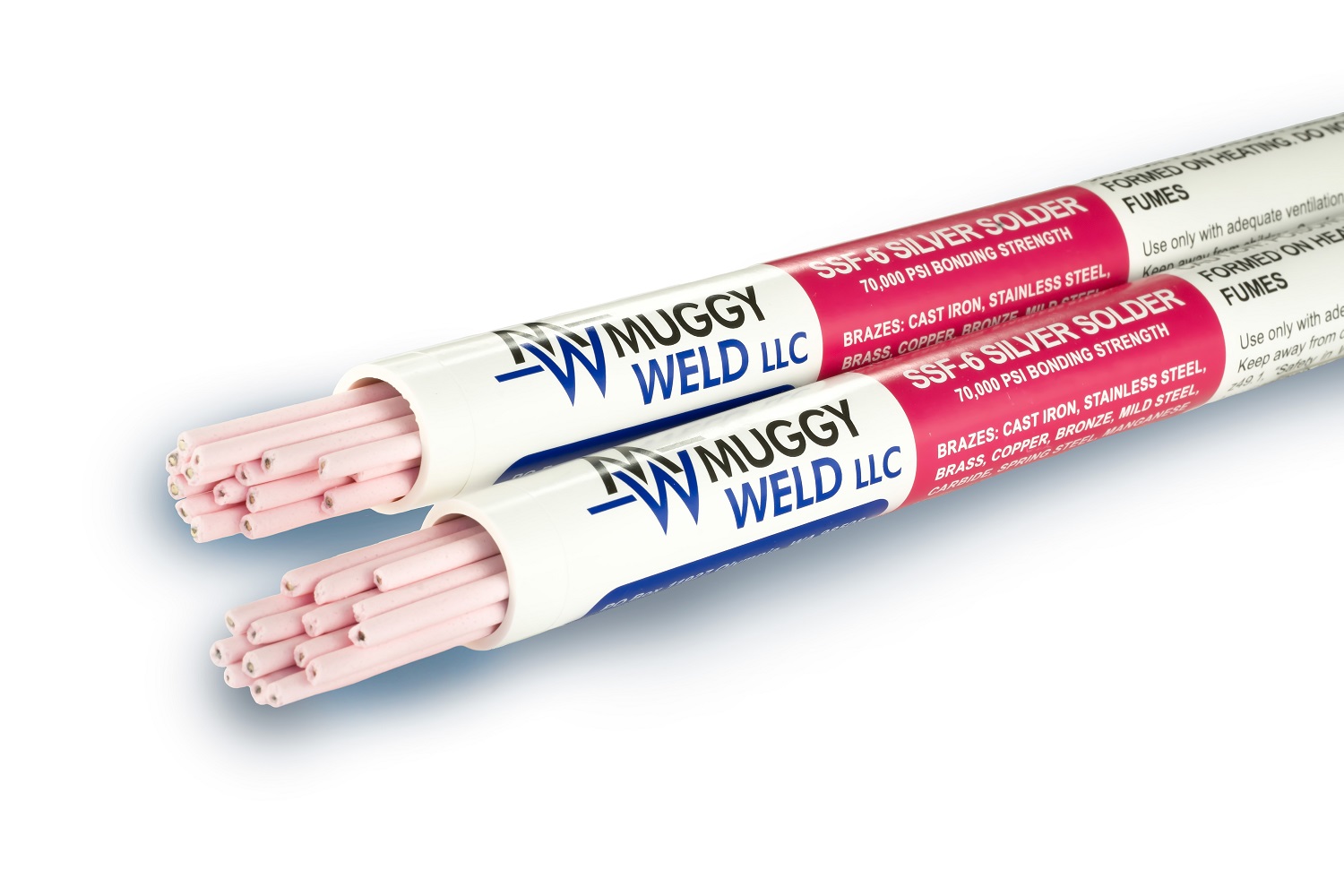I was told by a guy at a welding shop that a silver soldered cast iron repair is NOT a good idea. That comment surprised me. And I kinda think he just really didn't want to take it on. The job in question needs to be done very precisely, and without slopping any excess filler material into the inside bore.
So I thought I'd poll the collective wisdom here for opinions.
This is to repair a drill press spindle sleeve (about 7/8" OD, and maybe 9/16" ID). It's cleanly broken around the circumference.
So I thought I'd poll the collective wisdom here for opinions.
This is to repair a drill press spindle sleeve (about 7/8" OD, and maybe 9/16" ID). It's cleanly broken around the circumference.
.png)

Comment